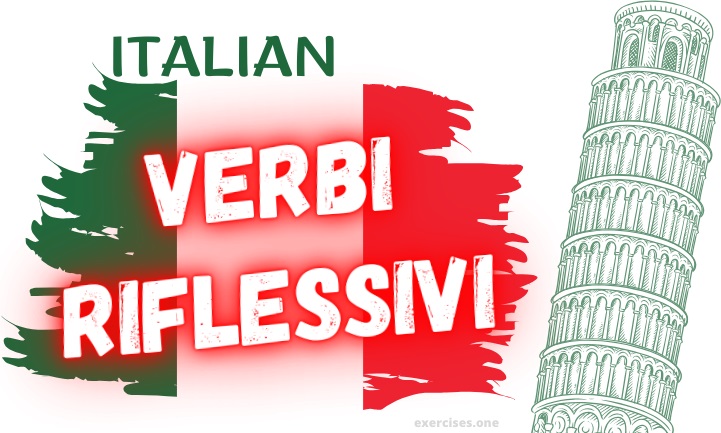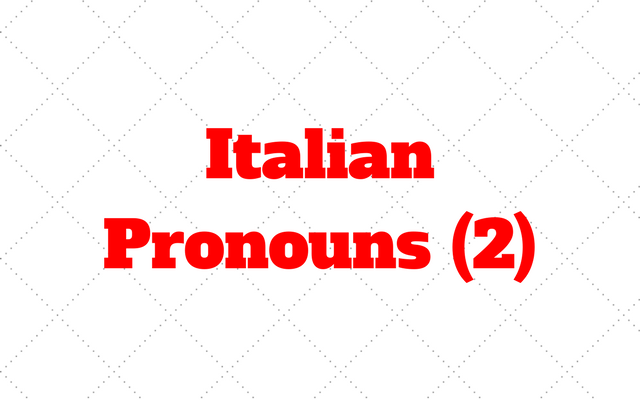
Buongiorno, studenti! Today, we will embark on a journey through the intricate pathways of Italian reflexive verbs (verbi riflessivi).
These verbs are not just a grammatical construct; they are a window into the Italian way of life, reflecting daily routines and personal activities.
As you learn to arrange, translate, and utilize these verbs, you’ll gain not just linguistic skills, but also cultural insights.
So, let’s roll up our sleeves and dive into the elegant dance of reflexive verbs, making sure you become as comfortable with ‘mi alzo’ as you are with ‘buongiorno!

1) Put the Sentences in the Correct Order – Italian Reflexive Verbs
a) svegliarsi / presto / deve / domani / Luca
Luca deve svegliarsi presto domani.
2) Can you Translate these Sentences? Italian Reflexive Verbs Exercises
a) I get up at seven every morning.
Mi alzo alle sette ogni mattina.
3) Practice your Vocabulary
a) To wake up – To wash oneself – To dress oneself
Svegliarsi – Lavarsi – Vestirsi
4) Practice Your Writing by Translating these Small Texts Taking the Italian Reflexive Verbs into Consideration
5) About Italian Reflexive Verbs, Write the Obvious Questions to the Answers
a) Mi sono svegliato alle 6:00. (A che…)
A che ora ti sei svegliato?
Bravissimi, studenti! You’ve done an exceptional job today embracing the complexities and subtleties of Italian reflexive verbs.
Mastering these verbs is not just about memorizing conjugations; it’s about connecting with the Italian soul, expressing the ways we care for ourselves and interact with our world.
Keep practicing, and don’t be afraid to immerse yourself in the language, whether it’s through speaking, writing, or reading.
The more you engage, the more natural these verbs will feel. Until our next lesson, continue to explore and enjoy the beauty of Italian reflexives. Arrivederci e buona fortuna!









